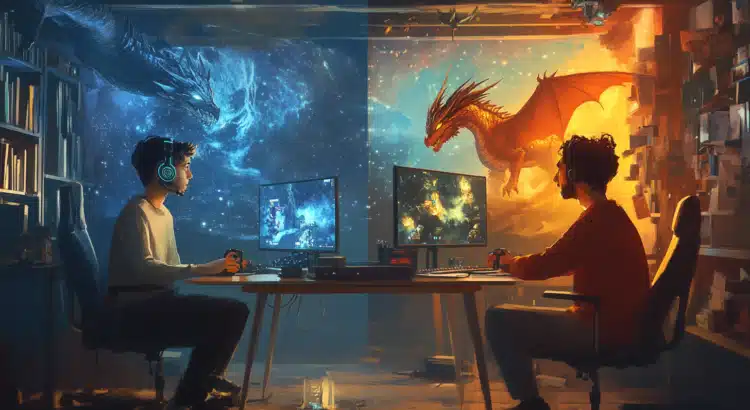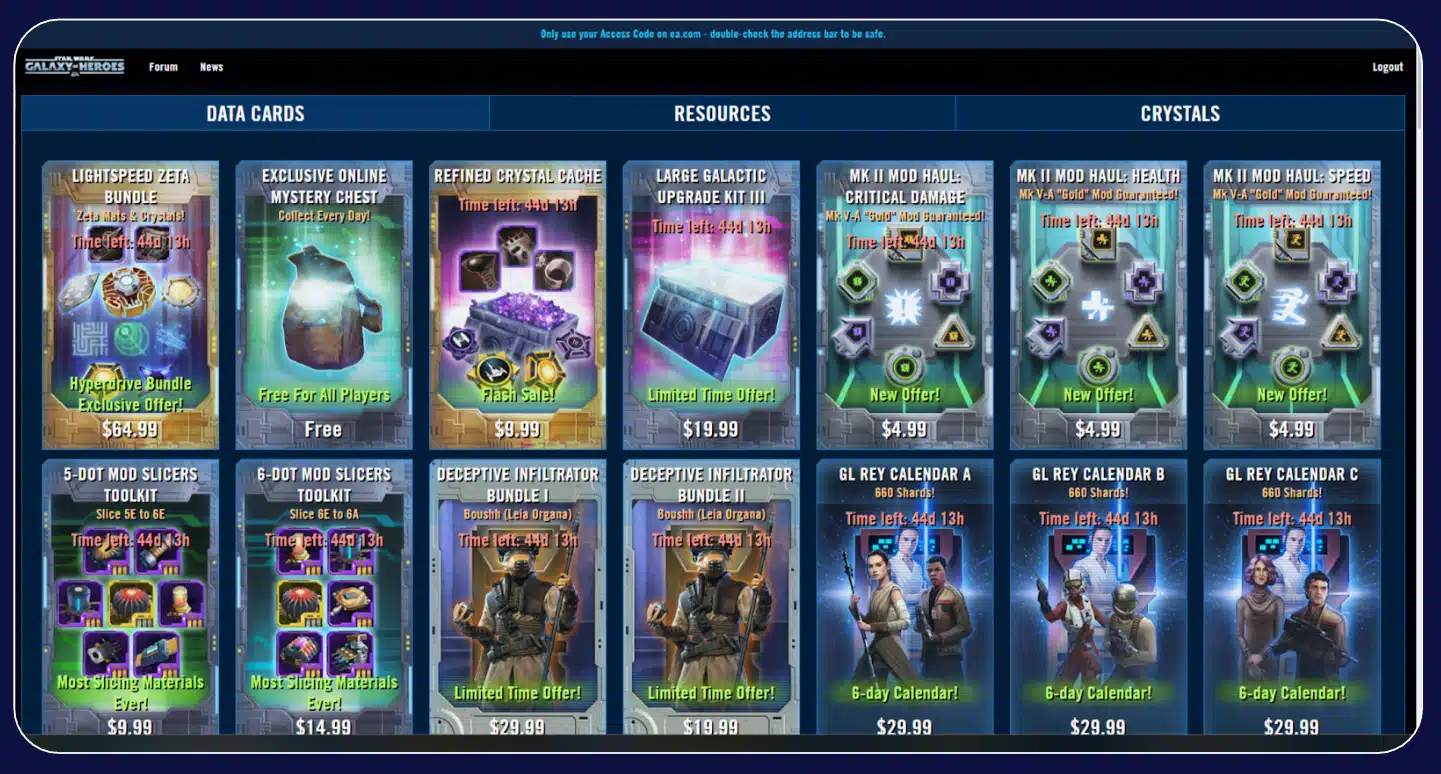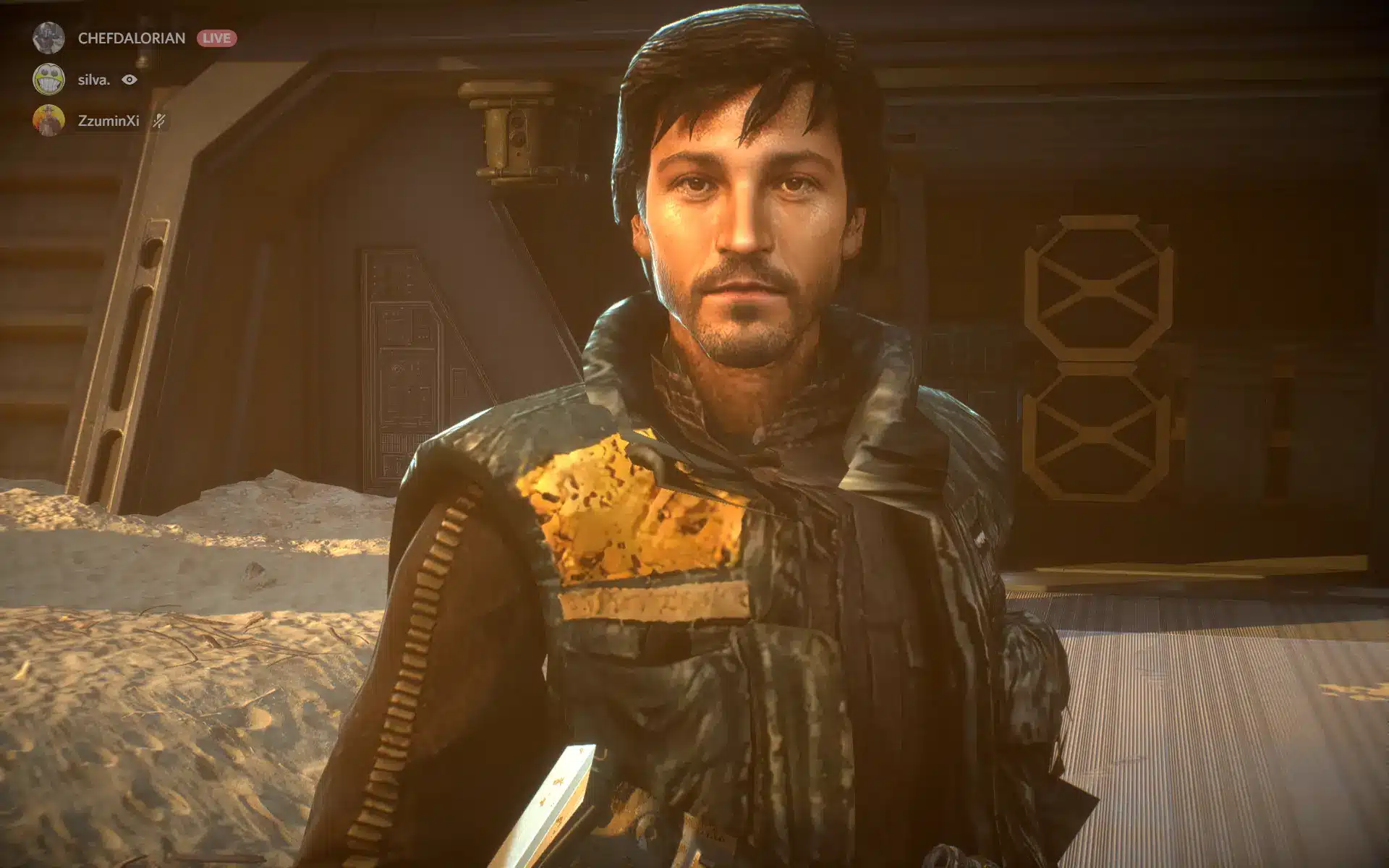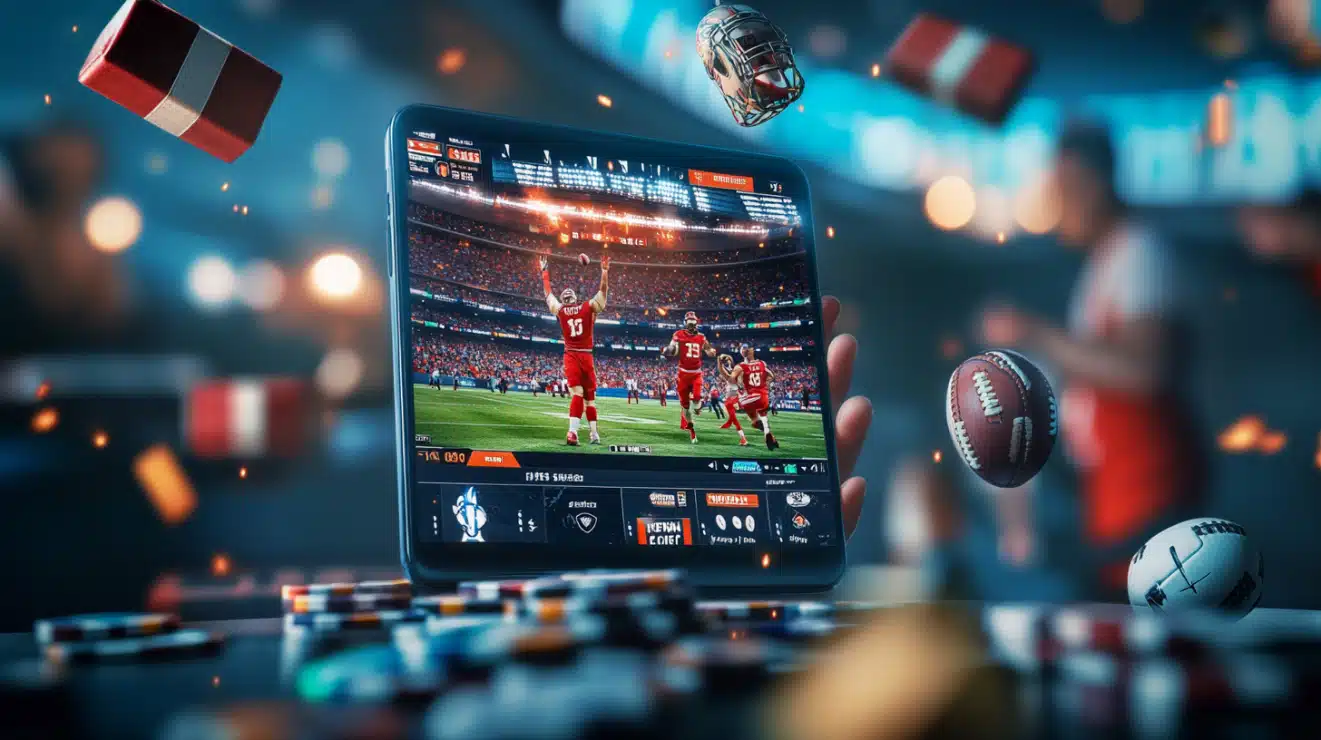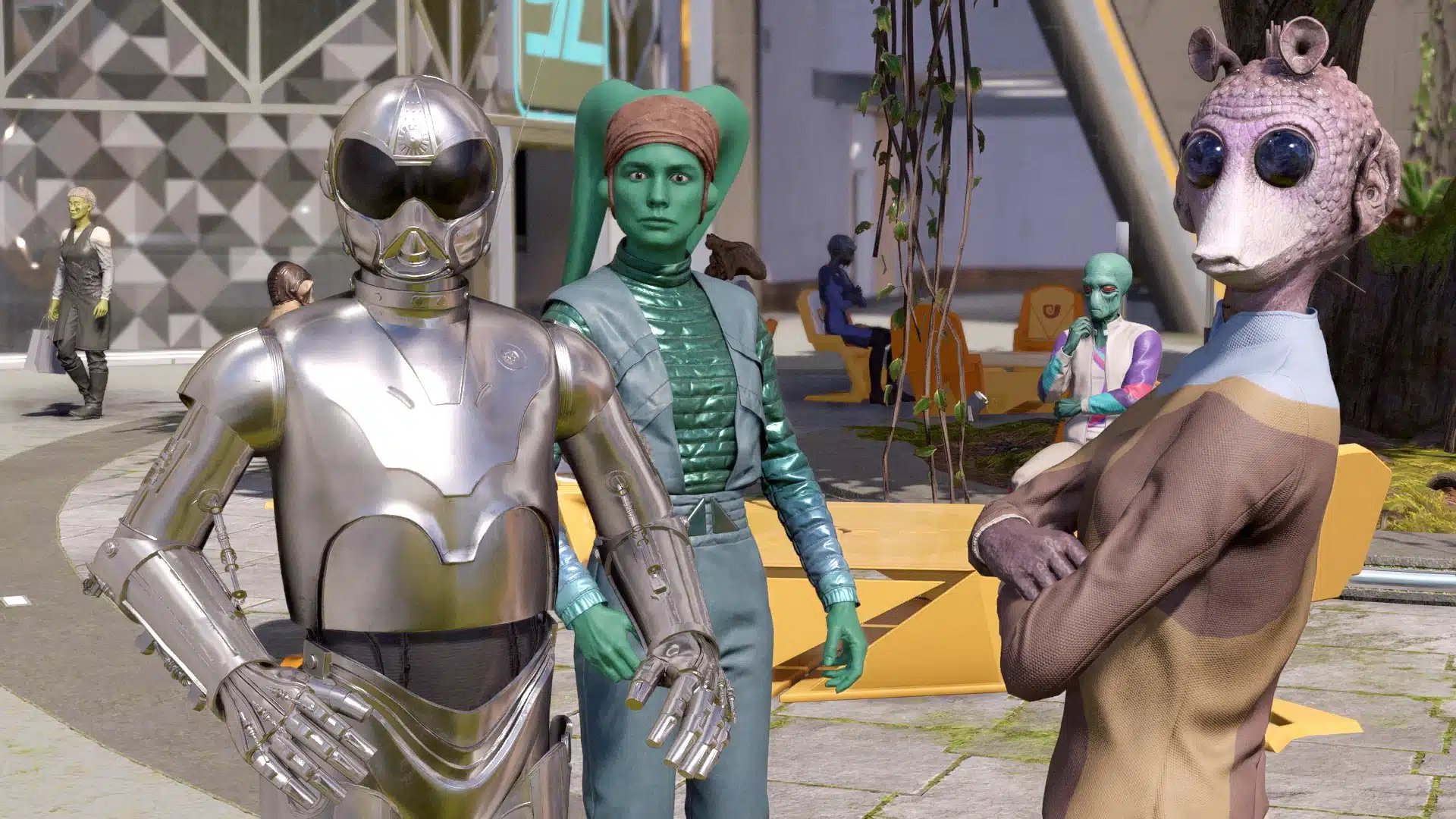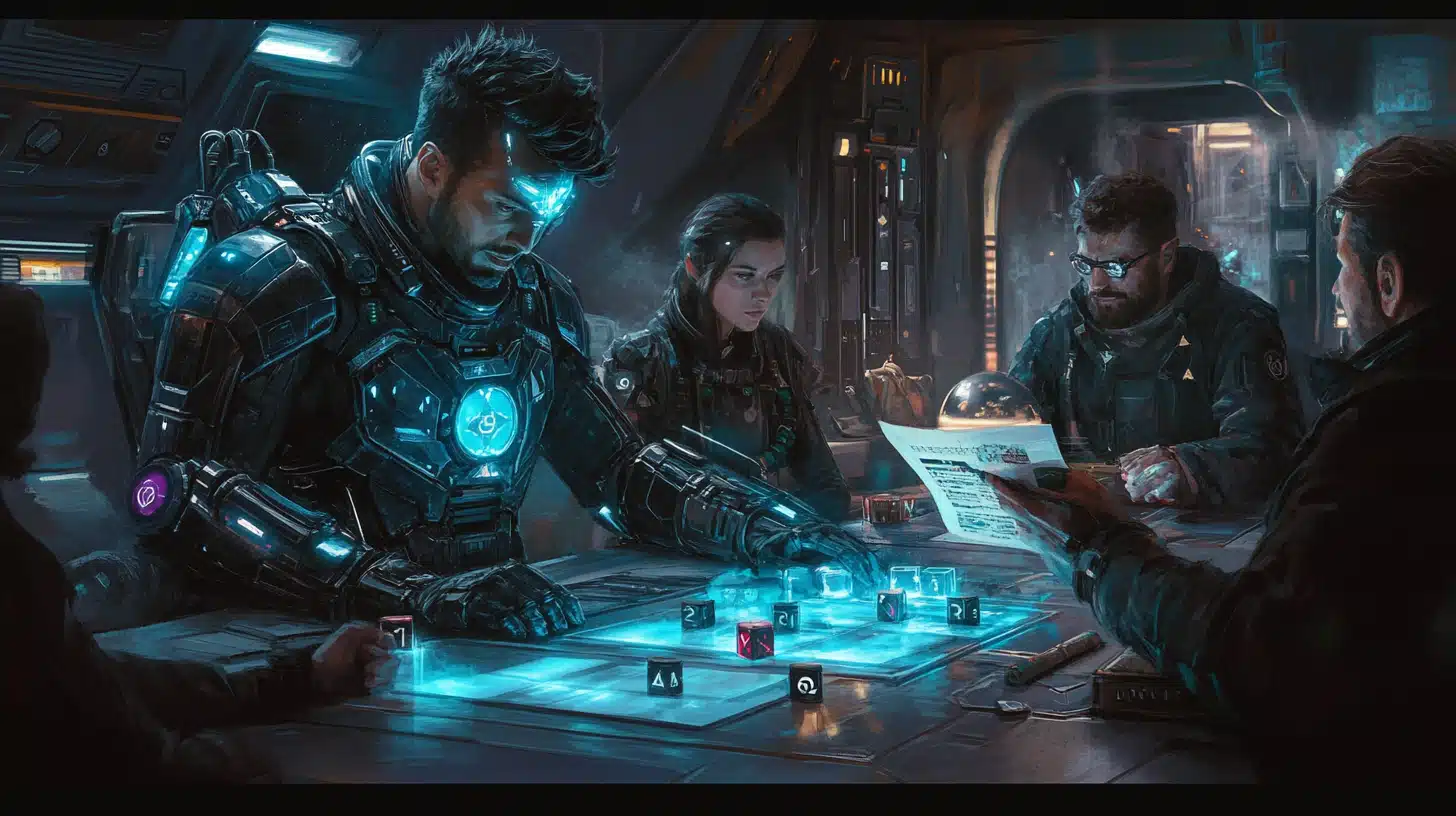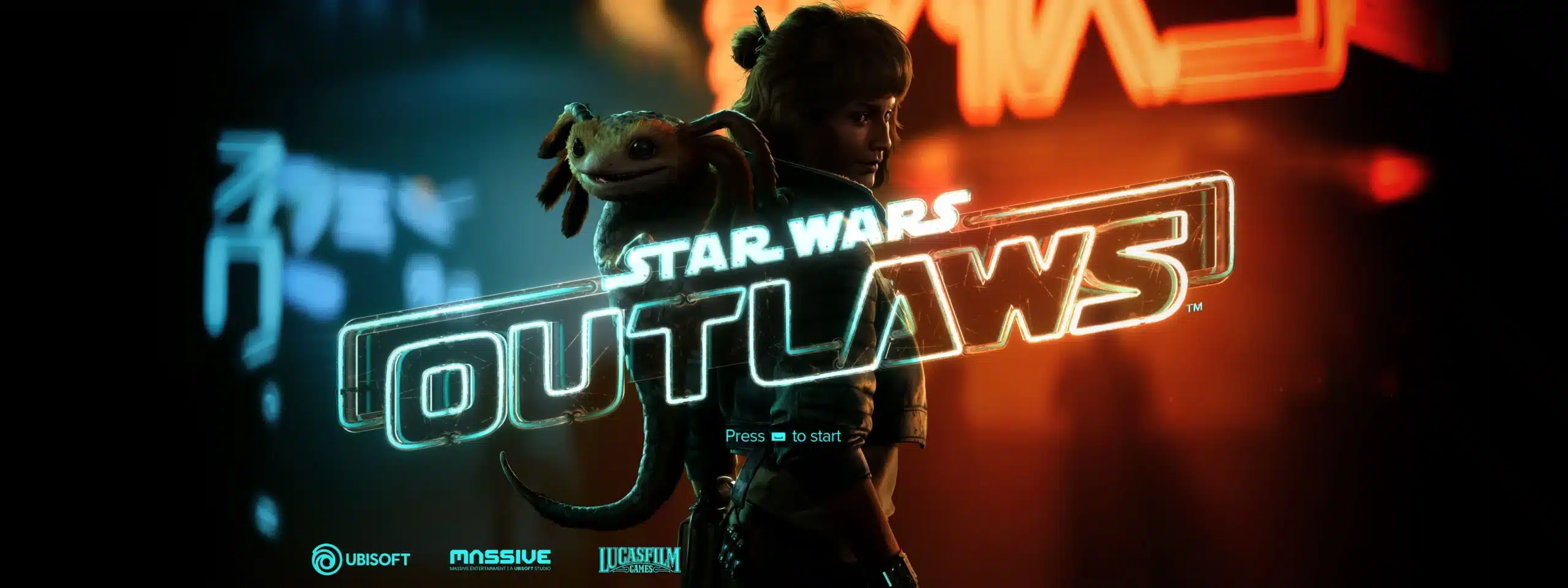Gamers Make Great Therapy Clients — Here’s Why
Gamers are often misunderstood. The stereotype of someone zoning out in front of a screen for hours rarely captures the emotional depth, intelligence, or resilience involved in gaming. But the truth is, many of the traits that make someone a skilled gamer also make them ideal candidates for therapy. Whether you’re solo grinding your way through a difficult boss battle or coordinating a high-stakes team effort in a competitive match, you’re building mental strength and emotional intelligence—skills that translate beautifully into the therapeutic space.
1. Gamers Are Natural Strategists
Success in gaming rarely comes from luck alone. It comes from analysis, trial and error, and adaptive problem-solving. You reflect on what went wrong in a match, you adjust your loadout, your timing, your strategy—and you try again. Therapy works the same way. It’s about unpacking what didn’t work in the past, noticing patterns, and applying new mental tools to navigate life more effectively. If you’re used to experimenting, optimizing, and persevering in-game, you already have the mindset needed for real personal growth.
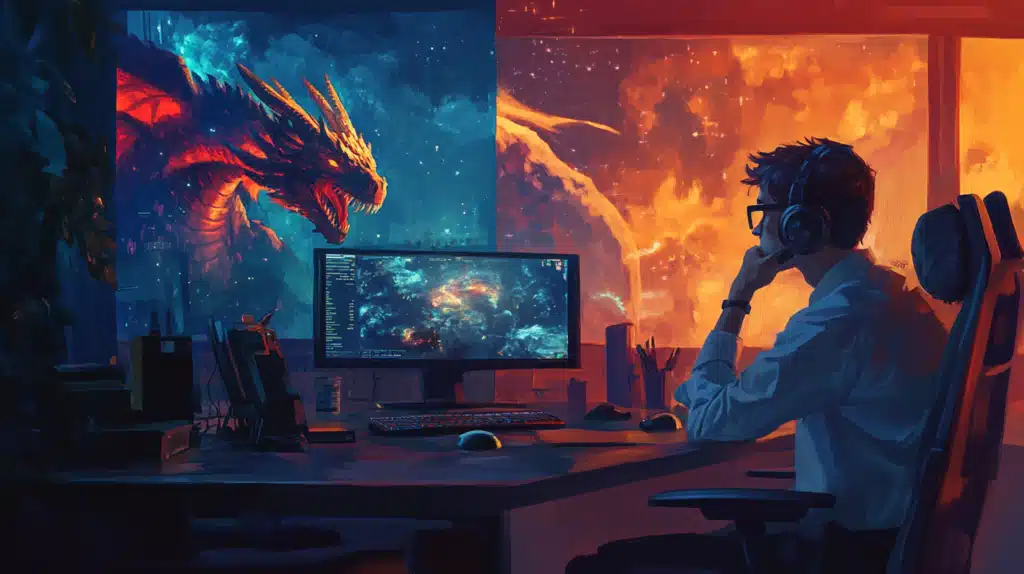
2. You’re Comfortable With Complexity
Games are filled with intricate systems, layered narratives, moral dilemmas, and emotional character arcs. You’re used to diving deep into stories and making choices that impact outcomes. That comfort with nuance and ambiguity is incredibly helpful in therapy, where there are rarely black-and-white answers. Instead, you’re invited to explore your inner world—your past, your emotions, your motivations—in a way that leads to greater insight and transformation. If you can handle complex raid mechanics, you can handle emotional exploration, too.
3. You Understand the Power of Progress
Gamers get the value of leveling up—not just instantly, but slowly, through effort. You know that small victories and consistent practice eventually lead to big achievements. Therapy is much the same. There’s no cheat code or shortcut to healing, but if you’re willing to show up, reflect, and do the emotional work, you’ll notice your own growth over time. Just like in games, it’s about celebrating progress—not perfection.
4. You Know That Community Matters
Whether you’re grinding with your squad, sharing memes in a Discord server, or just being part of a community that “gets” you, you know the value of connection. Humans thrive on being seen, heard, and understood. Therapy offers that same kind of space—where your experiences are valid, your struggles are acknowledged, and your voice matters. You don’t have to go it alone, in-game or in life.
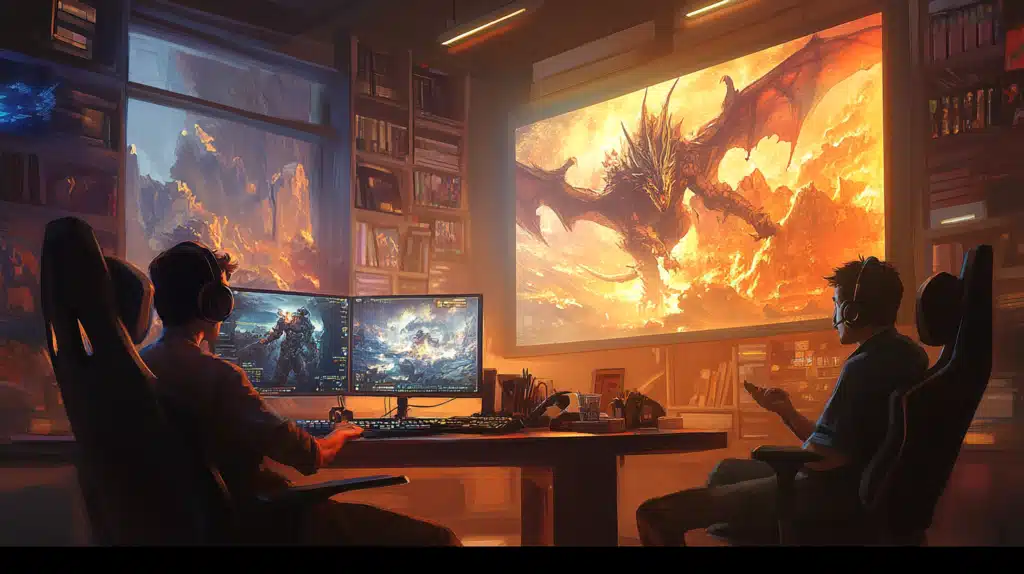
Therapy for Gamers Is Growing—And You Deserve It
Thankfully, more therapists are now gamer-informed. At our clinic, we understand the gamer brain. We’re not here to tell you to “just log off” or guilt you about screen time. Instead, we help you find balance, build emotional skills, and level up in life, just like you do in-game.
You’ve faced in-game pressure, high-stakes decisions, and tough losses. Therapy is simply the next level—a space to gain insight, heal, and grow. When you’re ready, we’re here to help you take that next step.


